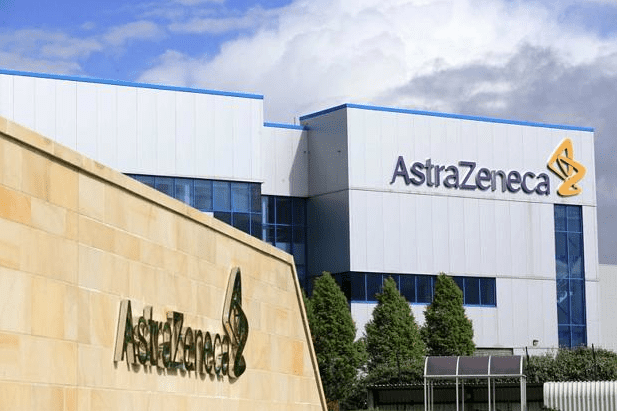
AstraZeneca looks to oncology match-ups to boost sales
pharmafile | April 24, 2015 | News story | Sales and Marketing | AstraZeneca, Brilinta, Celgene, Innate, Juno, farxiga, ticagrelor
AstraZeneca posted a 1% increase in revenue in its first-quarter 2015 financials – and is investing the money to back strategic partnerships with other firms to bolster its oncology prospects.
Total revenue rose by just over $6 billion in the first quarter of the year, a 1% year-on-year rise at a constant exchange rate.
Brilinta (ticagrelor) sales shot up by 45% after high-profile trial results were published in March, while Farxiga (dapagliflozin) increased 47 per cent.
The company’s flagship respiratory portfolio rose by 7%, and was strong in emerging markets including China; which grew by 39% and 28% overall.
AZ appears to be clearly using the revenue lift to ‘reinforce its oncology franchise’ – with tie-ups between its R&D arm MedImmune and blood cancer specialists Celgene, Innate Pharma and Juno Therapeutics also announced today.
The Celgene partnership will work on the development and commercialisation of MEDI4736, an investigational anti-PD-L1 checkpoint inhibitor, across a range of blood cancers including non-Hodgkin’s lymphoma, myelodysplastic syndromes and multiple myeloma.
MEDI4736 will be assessed both as monotherapy, and in combination with the companies’ other potential and existing cancer medicines. It has already been given fast-track designation by the FDA.
The deal is worth an initial upfront payment of $450 million, and comes just days after AZ paired up with UK biotech Immunocore to develop new immuno-oncology treatments.
Celgene will lead on clinical trials and will take on all R&D costs until the end of 2016, after which this will drop down to 75% of the costs. Celgene will also be responsible for global commercialisation of approved treatments.
AstraZeneca has also entered a collaboration with Innate Pharma to ‘accelerate and broaden the development’ of the anti-NKG2A antibody, IPH2201, in combination with MEDI4736. The Innate compound, another checkpoint inhibitor, is in Phase II development for solid tumours.
The deal will cost AZ an initial payment of $250 million for exclusive global rights to co-develop and commercialise IPH2201 as monotherapy and in combination with MEDI4736, as well as other combinations in certain treatment areas.
AZ will pay a further $100 million prior to the initiation of Phase III development, along with additional regulatory and sales-related milestones. It will book all sales and pay Innate double-digit royalties on net sales. The arrangement includes the right for Innate to co-promote in Europe for a 50% profit share in the territory.
The firm also signed a deal with US biotech Juno Therapeutics to trial MEDI4736 with one of Juno’s investigational chimeric antigen receptor (CAR) T cell candidates. Financial terms for this deal however, have not been disclosed.
Pascal Soriot, AstraZeneca’s chief executive says the company’s financial performance is ‘encouraging’, and adds the firm continues to reinforce its oncology franchise having now 72 trials underway, including 31 in immuno-oncology.
“Our strategic collaboration with Celgene, a leader in haematology, will maximise the potential of our assets in the very important haematology indications, and our collaboration with Innate Pharma will further strengthen our franchise.”
Lilian Anekwe
Related Content

NICE recommends Benralizumab for Rare Form of Vasculitis
The National Institute for Health and Care Excellence (NICE) has recommended AstraZeneca’s benralizumab (Fasenra) as …

NICE approves AstraZeneca’s dual immunotherapy for advanced liver cancer
AstraZeneca has received a positive recommendation from the National Institute for Health and Care Excellence …

Purpose and people: the enduring power of brand and the evolution of employer identity
Two decades ago, terms like purpose and people were rarely at the forefront of branding …






